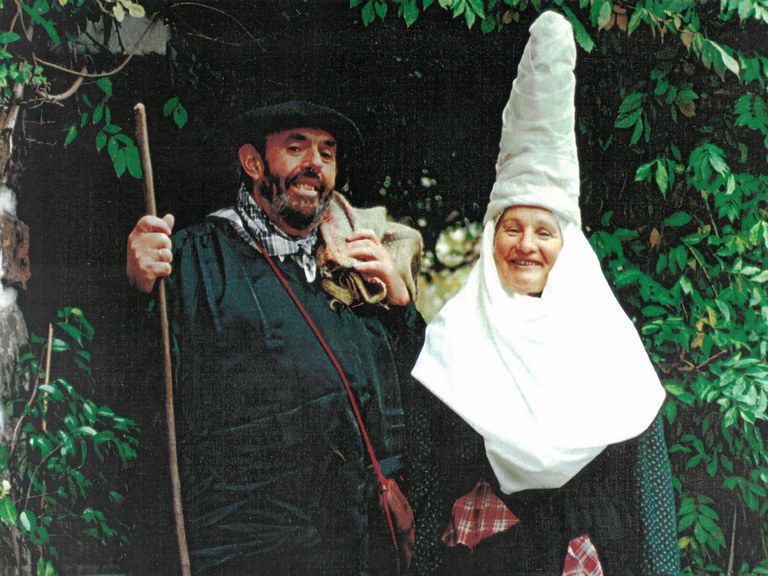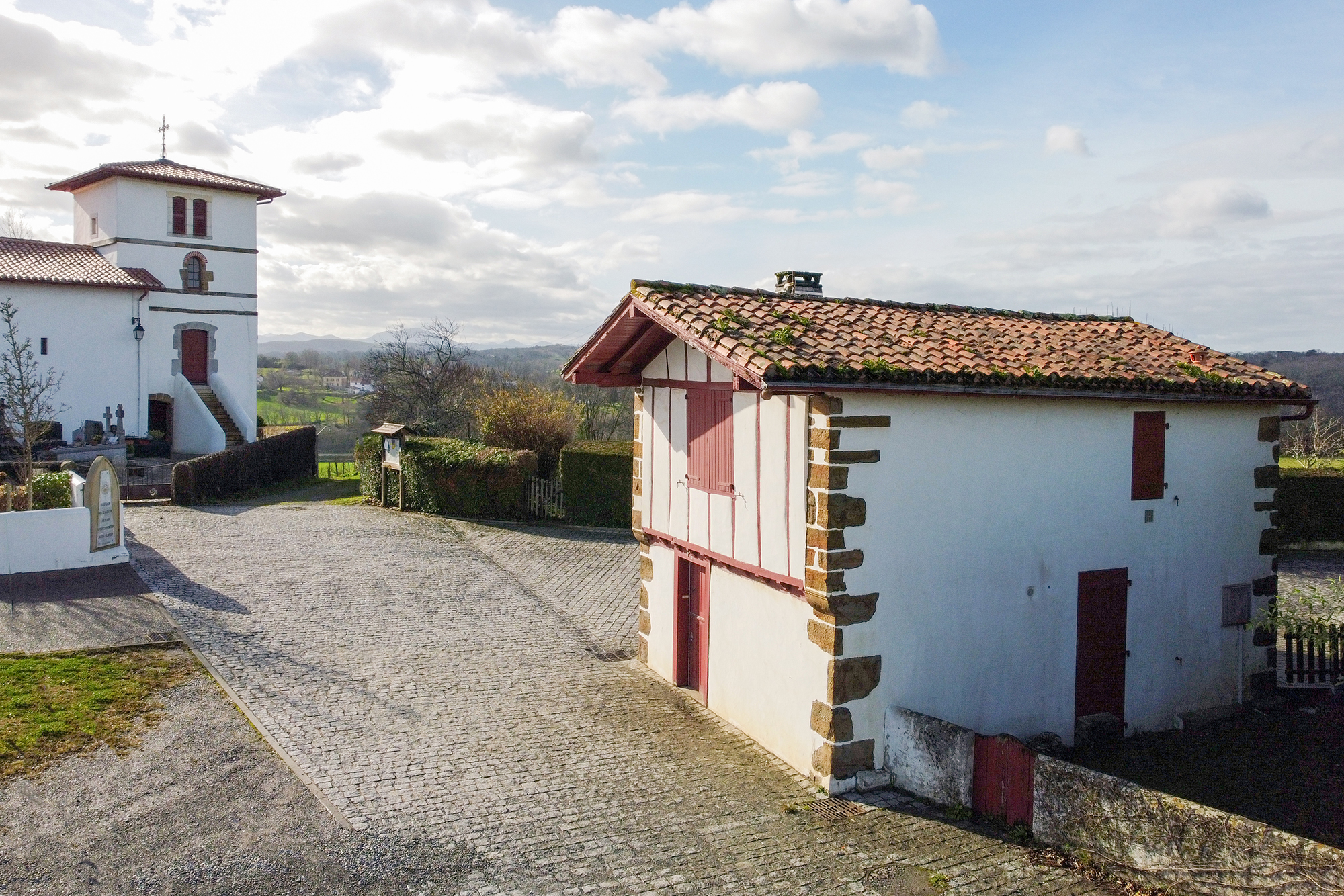How to combat cyberviolence between teenage couples
- Toxic relationships are reflected in social networks: control, insults, threats, negative partner information, password theft… Three CAPV educational centers have launched a pilot program to prevent cyberviolence among teenage couples.

Violence between couples or ex-partners does not occur only in the physical space, nowadays social networks and the Internet offer great possibilities to those who want to do harm, and several researchers from the UPV/EHU detected the need for tools to work this type of violence with young people. Thus, the PSIDES team, composed of six psychologists and two social educators, has launched a pilot project in three centers to work with 2nd and 3rd ESO students (approximately 13-15 years).
As we explained in the stair article that highlights the toxic relationships of couples, we often fall into the myth of romantic love and into stereotyped and idealized relationships, with the dark consequences that may result from misunderstood relationships. Those responsible for the programme have warned that all this is also reflected in new technologies and that violence in the cyber world spreads quickly and easily.
Cyberbullying can cause lack of self-esteem, psychological problems, anxiety, depression...
The objective of this pilot program is to educate and raise awareness about violence in partner relationships, through emotional intelligence, sexism, gender roles, empathy, security in social networks, forms of violence, etc., through role-playing, small groups of discussion and analysis of real situations, among others.
The word friend has many meanings in Basque. It can be a person, a member, a neighbor, a camera, an helper, a couple, a friend. In short, they tell us that he is a travel companion throughout life or at specific times, helping us along the way. Accompaniment, sometimes others do... [+]
Now you hear more about the issue of romantic love, and also, and fortunately, critically. In the end, we have begun to analyze in depth the issue of affective sexual relations, the great expectations we make about what should be and should be a relationship of couple, the... [+]
We present education as indispensable for social transformation. Children and young people who will build the society of the future (transforming the present and the future as if it were not in the hands of adults...) is a way to move away from oppressive thoughts, attitudes and... [+]



















